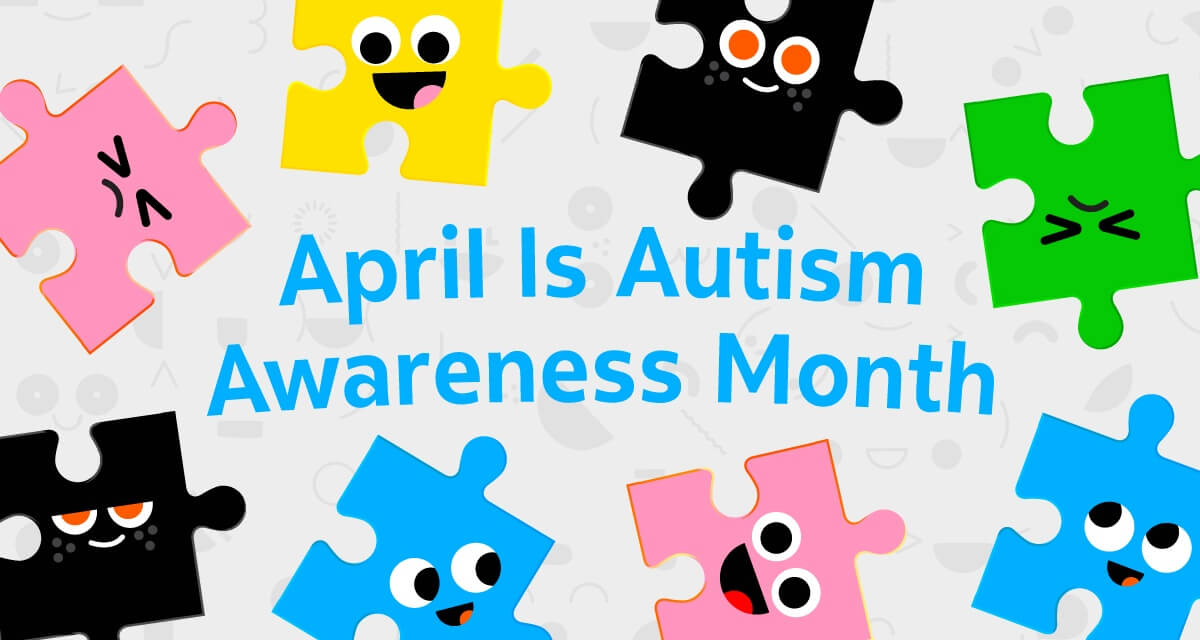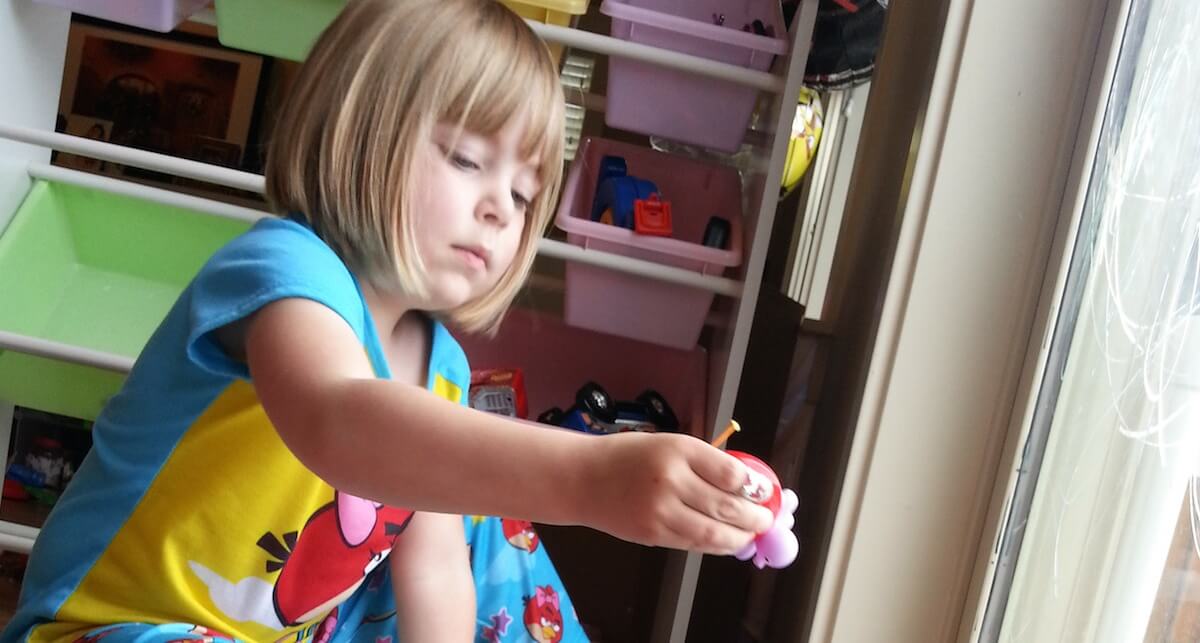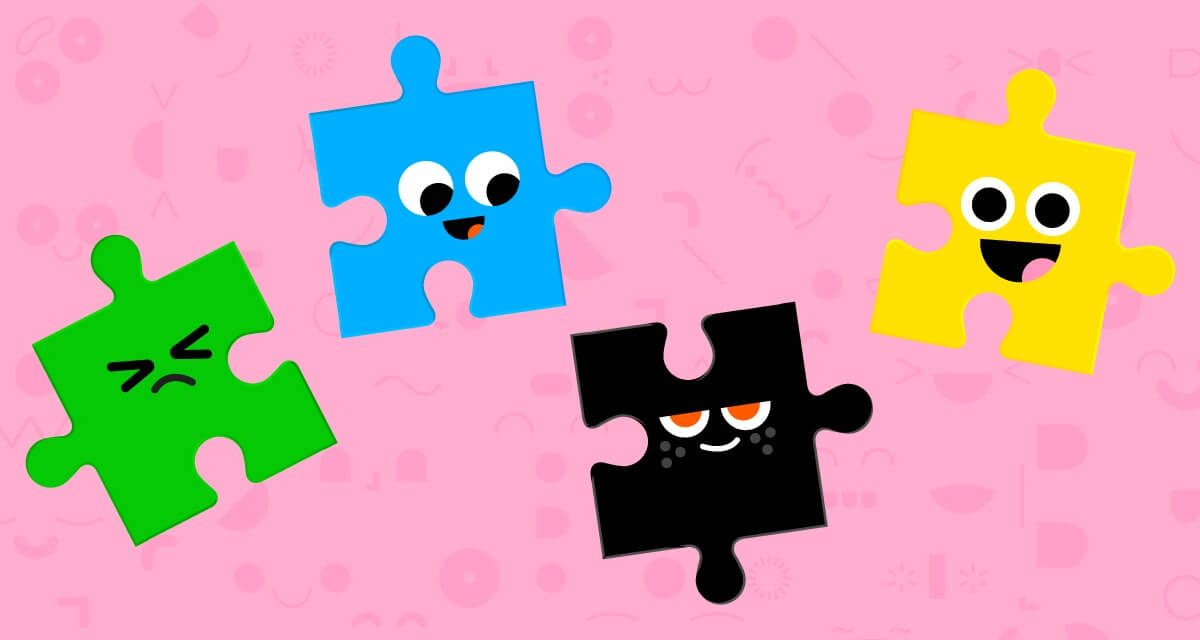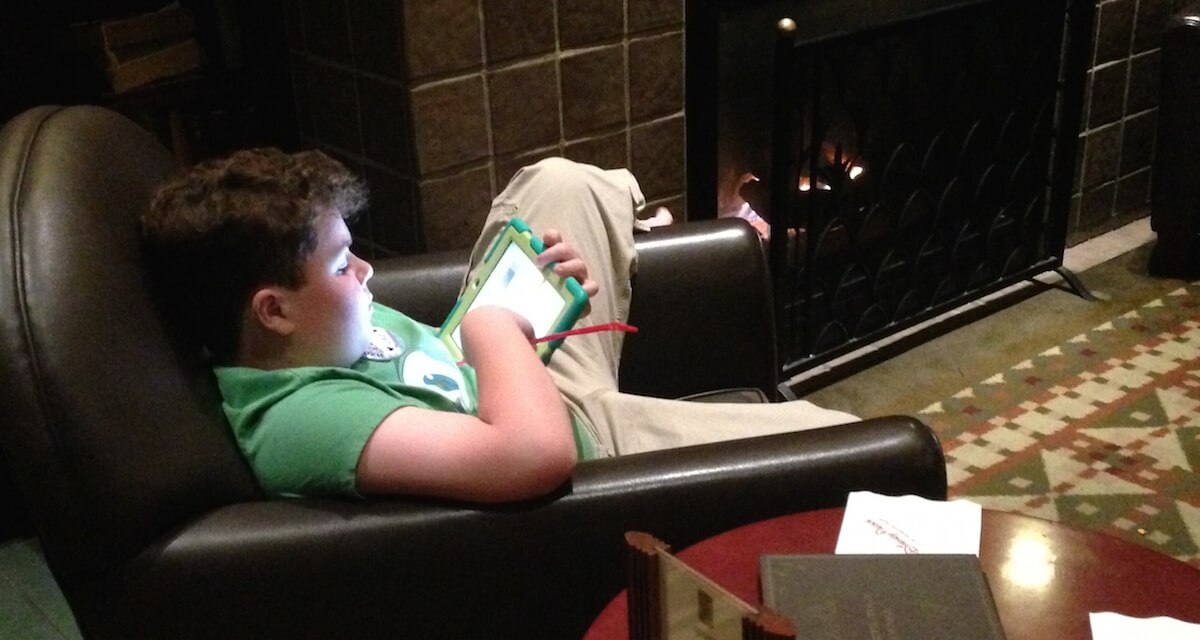They're few and far between. Here are some autistic characters in children's and adults' media.
- By
- Parker Barry
To date, there are just a few representations of autism in children’s popular culture. There are more representations in popular culture for adults, but many of those characters never come out and say their diagnosis; it is just common knowledge that they have ASD. Here’s a short list of both.
Autistic characters in children’s pop culture
- Julia, Sesame Street, PBS 2017. Julia is a great artist and can flap her arms like a butterfly. She does not always respond to people when they direct a question toward her, but she does like to sing and play. She does not like loud noises, like sirens. Elmo and Abby Cadabby are her new friends on Sesame Street.
- Carl, Arthur, PBS 2010 and sporadically since then. Carl has Asperger Syndrome. He knows lots of facts about trains, and also loves jigsaw puzzles. He is a great artist and can draw pictures with great accuracy. He gets anxious around new situations and likes certain routines. He will only drink juice out of a box, and not from a bottle.
- Billy the Blue Power Ranger, Power Rangers Movie, 2017. Billy is portrayed as an “autistic savant.” Autistic savants possess heightened cognitive abilities in math, memory, visual art and music. His expertise is technology. He always speaks his innermost thoughts out loud and goes off on conversational tangents.
- Dennis, Dinosaur Train, PBS 2016. Dennis is very knowledgeable about all kinds of dinosaurs. He has trouble making friends.
A sampling of autistic characters in adults’ pop culture
- Raymond “Ray” Babbitt, Rain Man, 1988. Ray is an adult living in a mental institution. He is an autistic savant who has extremely good recall of numbers and dates. He needs to adhere to a strict schedule of routines or else he will become upset.
- Tommy Westphall, St. Elsewhere, NBC, 1982–1988. Tommy was a minor character throughout this drama; he’s the autistic son of Dr. Donald Westphall. He is quiet boy with an active imagination. The show’s final episode hinges on Tommy, who is seen holding a snow globe with a replica of the hospital inside. One possible interpretation is that the entire series was a product of Tommy’s own imagination.
- Sheldon Cooper, Big Bang Theory, CBS, 2007–present. Sheldon Cooper is a theoretical physicist with extreme intellect and a lack of social skills. While the writers of this television show say that Sheldon has no diagnosis, fans have asserted that his behavior is consistent with the symptoms of Asperger Syndrome.
- Max Braverman, Parenthood, NBC, 2010–2015. At the beginning of this series, Max is 9 years old. As the series unfolds, we learn that he has Asperger Syndrome. We watch as Max’s parents tell him about it for the first time. We also see Max struggle with friendships and socialization. His parents eventually create an entire school for Max and kids like him.
Melissa Morgenlander, Ph.D., is a children’s media curriculum designer and researcher based in Brooklyn, NY. She has a blog about her experiences with autism and technology and media called The iQ Journals. You can learn more about Melissa from her website, or follow her on twitter @covertcoviewer.
Cover photo via PBS.org.





